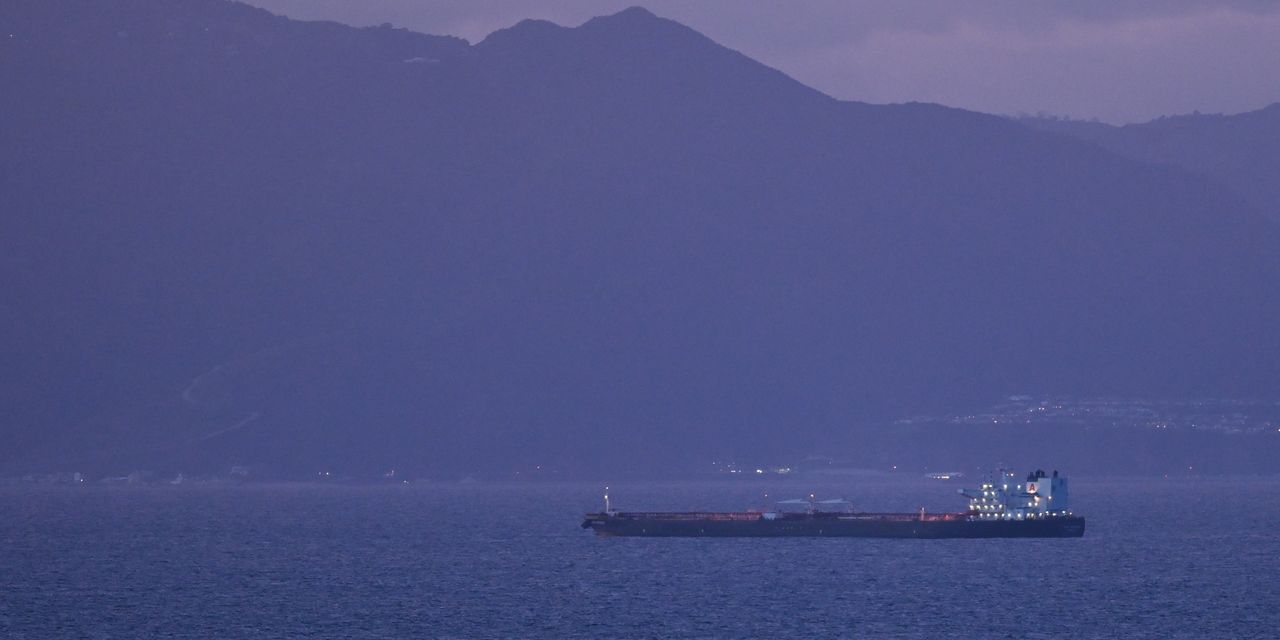Oil futures were lower in early trade Monday as traders monitored diplomatic efforts aimed at ensuring the Israel-Hamas war doesn’t spiral into a wider regional conflict.
Price action
-
West Texas Intermediate crude for December delivery
CL00,
-0.40% CL.1,
-0.40% CLZ23,
-0.40%
fell 59 cents, or 0.7%, to $87.49 a barrel on the New York Mercantile Exchange. -
December Brent crude
BRN00,
-0.26% BRNZ23,
-0.26% ,
the global benchmark, was off 42 cents, or 0.5%, at $91.74 a barrel on ICE Futures Europe.
Market drivers
Brent and WTI each rose more than 1% last week, reflecting concerns the Israel-Hamas war could spread, potentially involving Iran and threatening crude supplies from the region. Crude fell Friday, however, after two U.S. hostages were released by Hamas.
Oil futures have rallied since the Oct. 7 attack on southern Israel by Hamas, which killed more than 1,400 and saw more than 220 hostages taken.
Israel intensified an aerial bombing campaign of the Gaza Strip, where the death toll has topped more than 4,600 over the past two weeks, according to The Wall Street Journal. Israel has yet to mount a widely anticipated ground incursion into the enclave, which faces a humanitarian crisis. Aid shipments arrived in Gaza over the weekend.
Analysts and traders said they expect price action to remain volatile, with fears of a potential spillover that could involve Iran unlikely to be fully dispelled. A conflict that drags in Iran would likely see renewed scrutiny of the country’s crude exports, which experts said have likely climbed back to around 2 million barrels a day after being decimated by the reimposition of sanctions by the Trump administration in 2018.
A worst-case scenario — Iran closing the Strait of Hormuz, a crucial oil-transportation chokepoint — could have an even larger effect on crude prices, analysts have warned.
“Supply-side worries drove the recent rally in crude prices, with many fearing that a protracted war, which could spill over across the Middle East, would lead to a reduction of supply in the global oil market,” Ricardo Evangelista, senior analyst at ActivTrades, said in a note.
“Recent diplomatic developments helped ease tensions, bringing some hope of a de-escalation in the war. However, the situation remains volatile, and oil prices will likely remain supported and dominated by upside risk,” he wrote.
Read the full article here







